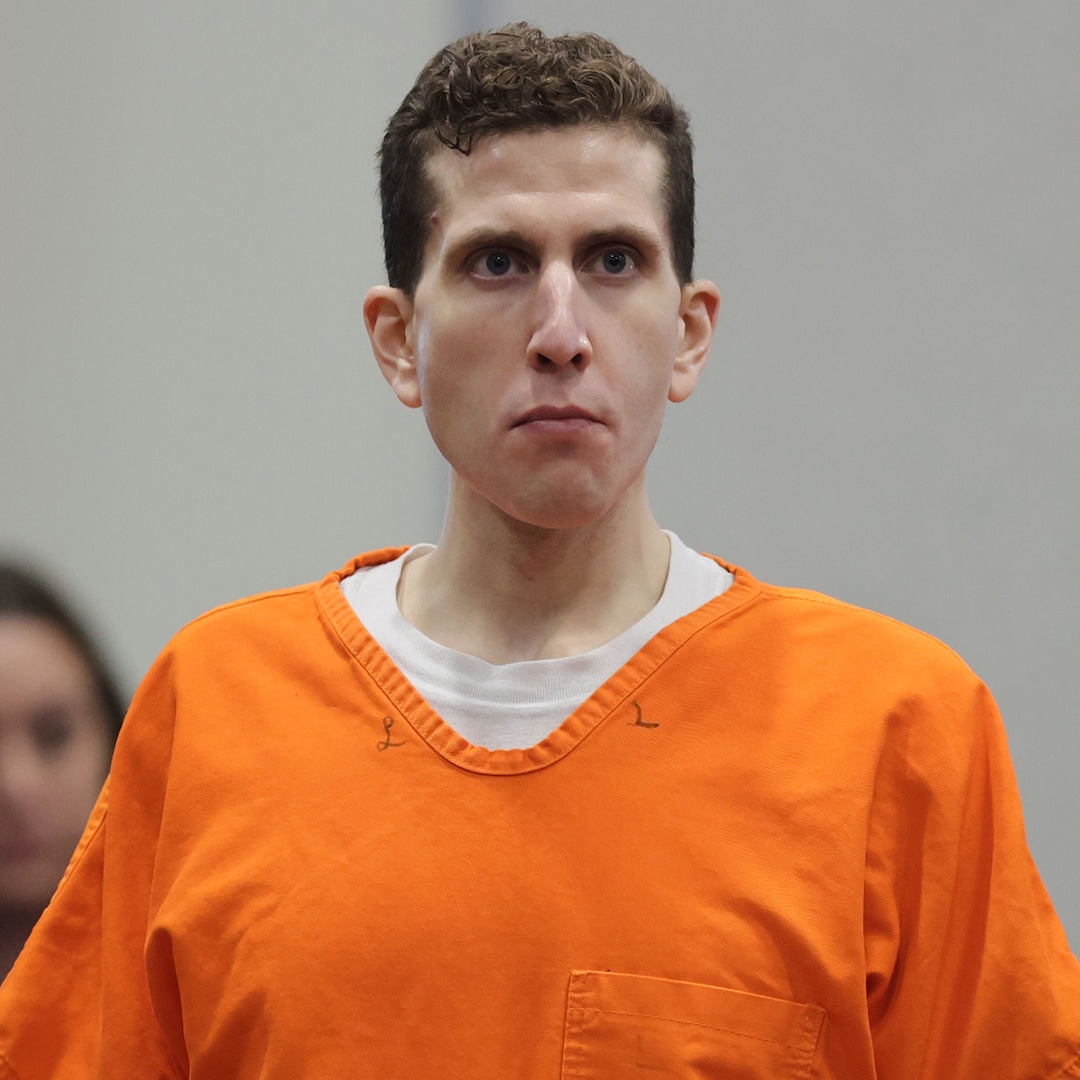“`html
In a groundbreaking initiative, the city of San Francisco has announced plans to implement a universal basic income (UBI) program aimed at alleviating poverty and addressing income inequality. Set to launch in January 2024, the program will provide $1,000 monthly payments to low-income residents, with funding sourced from a combination of public-private partnerships and city budgets.
Understanding the Universal Basic Income Program
The UBI initiative, which aims to support the most vulnerable populations in San Francisco, targets households earning below 60% of the area median income. According to the city’s Department of Human Services, this equates to approximately $70,000 for a family of four. The program is designed to provide financial relief to those who need it most, particularly in the wake of economic disruptions caused by the COVID-19 pandemic.
“This program is about dignity and security,” says Laura Garcia, Director of the Department of Human Services. “We believe that everyone deserves a chance to thrive, and financial support can help individuals invest in their future, whether that means pursuing education, starting a business, or simply covering everyday expenses.”
The Rationale Behind UBI
Proponents of UBI argue that it serves as an effective tool to combat poverty and stimulate local economies. Research from the Economic Policy Institute shows that direct cash transfers can lead to increased spending in local markets, thereby boosting economic growth. A 2020 study highlighted that UBI could reduce poverty rates by as much as 30% in urban areas.
- Boosts Local Economies: Cash transfers increase spending, stimulating small businesses.
- Reduces Administrative Costs: UBI simplifies welfare systems, cutting bureaucracy.
- Encourages Entrepreneurship: Financial security allows individuals to take risks.
Despite the optimistic outlook, critics of UBI caution against potential pitfalls. Some economists argue that such programs may disincentivize work and lead to inflationary pressures. “While the intent is admirable, we must consider the broader economic implications,” notes Dr. Mark Simmons, an economist at the University of California. “If people stop seeking employment because of guaranteed income, it might lead to unintended consequences that could harm the very communities we aim to help.”
Program Implementation and Funding Sources
San Francisco’s UBI program will be funded through various mechanisms, including a new tax on large corporations and reallocations from existing city budgets. Mayor London Breed emphasized the importance of corporate responsibility in funding social initiatives. “It’s time for our largest companies to contribute to the communities that support their growth,” she stated during the announcement.
The pilot program will initially focus on 1,000 randomly selected eligible participants, who will receive monthly payments for 24 months. The city plans to gather data throughout the program to assess its effectiveness and make necessary adjustments.
Community Perspectives and Concerns
Community reactions to the UBI program have been mixed. Advocates praise it as a much-needed step toward economic justice, while skeptics question its sustainability and potential impact on local job markets. “This could be a game changer for many families struggling to make ends meet,” says community activist Sarah Lee. “But we must ensure that it doesn’t replace existing support systems.”
On the other hand, some residents worry about the long-term viability of the program. “What happens when the funding runs out?” asks John Martinez, a local business owner. “We can’t rely solely on temporary solutions. We need systemic changes that create lasting job opportunities.”
Looking Ahead: The Future of UBI in San Francisco and Beyond
The San Francisco UBI pilot program is set against a backdrop of increasing interest in similar initiatives across the United States. Cities like Stockton, California, and Jackson, Mississippi, have also launched their own UBI experiments, signaling a growing recognition of the need to address economic disparities.
As the program begins in January, the city will closely monitor its effects on participants’ quality of life, mental health, and economic stability. With a comprehensive evaluation planned at the end of the two-year period, San Francisco aims to provide a model for other cities considering similar programs.
In conclusion, the implementation of a universal basic income in San Francisco represents a bold step toward addressing income inequality and economic insecurity. As cities across the nation watch closely, the success or challenges of this initiative could pave the way for broader reforms. For those interested in the ongoing developments, the city has set up a dedicated website where residents can track updates and share feedback on the program.
Stay informed and engaged with your community by following local news updates on this transformative initiative.
“`



